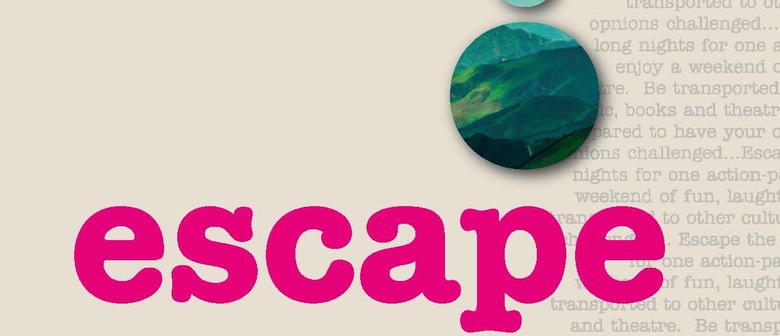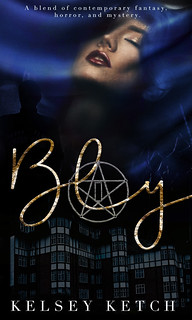Wonderful Array of Authors Hits Tauranga


Tauranga Arts Festival has two weekends of
writers this year – see the October 24 and 24 line up here. http://thephantomparagrapher.blogspot.co.nz/2015/09/event-spotlight-tauranga-readers-and.html
Day passes
are $45 each or individual sessions $15 each (booking fees apply). Tickets are
available from ticketek.co.nz See the full programme, including session times,
at www.taurangafestival.co.nz/writers
Appearing on October 31 and November 1 are:
Steven
Caroll – an Australian author who has written nine
novels, including The Time We Have Taken,
which won both the Commonwealth Writers’ Regional Prize and the Miles Franklin
Award, and Spirit of Progress. Last
year he published A World of Other People
set in London
in 1941 and the co-winner of the Australian Prime Minister’s Award for
Literature in 2014. He writes in longhand, 1000 words every day, usually in the
shed at his Melbourne
home. He is influenced by the classics: TS Eliot, Proust and Beethoven, to whom
he often listens while working
.
.

Mandy
Hager – Mandy comes trailing clouds of glory:
Winner of this year’s Margaret Mahy Award for the best New Zealand Children’s
Book (Singing Home the Whale); the
2015 writer-in-residence at Waikato University; winner of the 2014 Katherine
Mansfield fellowship to Menton in France; winner of the 2014 LIANZA Young Adult Award for the most distinguished contribution to literature
for children and young adults aged 13 years and above (Dear Vincent); and winner of the 2013 LIANZA Young Adult Fiction
Award (The Nature of Ash).

Nicky
Hager – Nicky has specialised in hard-to-document subjects, such as intelligence
agencies and the unseen side of politics, for his six books which include Hollow Men (2006) and Dirty Politics (2014). He believes that
his father’s refugee status and his mother’s upbringing in East
Africa have strongly influenced his work and his desire for social
justice.
Harry Ricketts – the festival’s busy man. He will join
historian Damien Fenton to talk about World War 1 (Harry has written Strange Meetings (2012) about WW1 poets,
in 2014 co-edited How We Remember: New Zealanders and WW1 and has just released,
again as co-editor, The Penguin Book of
New Zealand War Writing); he will join fellow Victoria University lecturer
Sydney Shep to talk about books in the digital age (Harry is longtime editor of
the quarterly NZ Review of Books); he
will appear with Steven Carroll to talk about the allure of cricket,
particularly the different styles of the Australia and New Zealand teams (Harry
is author of How to Catch a Cricket Match);
and, finally, will take to the podium alone to talk us through “how to read a
poem” (his latest volume of poetry was published this year, Half Dark).
Damien Fenton – His Mount Maunganui
grandfather’s stories of the desert campaign of World
War 2, fired young Damien’s imagination enough that he chose to study military
history. Among his books are New Zealand
and the First World War 1914-1919, commissioned by the Ministry for Culture
and Heritage as part of the multi-agency WW100 project, and The Anzacs (2015). He is working on a
book about the Ottoman Empire.
Joseph
Romanos – will lead a discussion on October 31 –
both a review and a preview – of the Rugby World Cup that also features
mad-keen fan Toby Manhire and former Maori All Black captain and Portugal coach
Errol Brain. Joseph is busy putting together a RWC book written by Keith Quinn,
a project which they hope won’t jinx the All Blacks reaching the final. Keith
will be finishing the book as soon after November 1 as possible.
Sydney Shep – is printer-in-residence at Victoria University,
a book historian and a bookbinding designer. She will lead a Zine Craft
workshop on October 31 and the next day join Harry Ricketts to talk to art
historian Penelope Jackson about the value of books as objects and how the
printed word is still thriving in the digital age.
Bryan Gould – is a New Zealand-born former Rhodes Scholar
who became a British MP (twice) but was unsuccessful in a Labour Party
leadership challenge and returned home to become vice-chancellor of Waikato University. He has published books about
politics and economics and is working on a book about moral philosophy. He has
retired to the eastern Bay of Plenty coast where he has a small vineyard.





Comments
Post a Comment